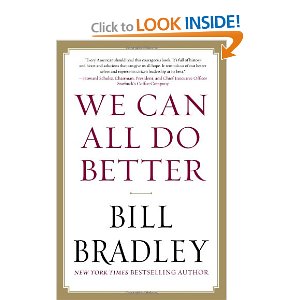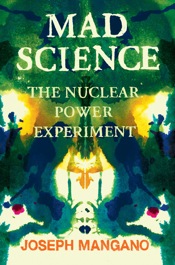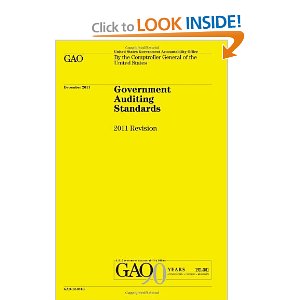
NOW AVAILABLE AT AMAZON
Nicolas Berggruen and Nathan Gardels
5.0 out of 5 stars Influential, Integrative, with Integrity, Avoids Three Core Topics
December 6, 2012
Here's what is really great about this book:
01) The authors are connected, admired, and conversant with the great minds of Silicon Valley (Eric Schmidt offers a very strong blurb) and even more importantly, this book both represents the best from those minds, and has clearly had as positive effect in getting this particular meme (“intelligent governance”) considered.
02) The authors force attention to a fundamental flawed premise in the West, that any form of democracy (even if corrupted beyond recognition) is preferable to any form of dictatorship (the authors refer to China as a mandarinate). As someone who grew up in Singapore and has the deepest admiration for Minister-Mentor Lee Kuan Yew and the professionalism of the Government of Singapore (it employed my step-mother from New Zealand for many years, ultimately as head of the Department of English), I am among the first to suggest that the West falls short, but I would point to Singapore and the Nordics and BENELUX as my preferred alternative, not just hybrid, but rooted in ethical evidence-based decision-making. I would also note that the West has actively supported 40 of 42 dictators for the last fifty years — integrity is NOT a strong suit for our so-called Western democracies.
03) The book is strongest — no doubt as the publisher and the authors intended — in relation to the impact of social networks as feedback loops helpful to governments, whether democratic or mandarinate, that are capable of LISTENING. Chapter 4, “The New Challenges of Governmance,” is certainly suitable as a stand-alone assigned reading. The authors are heavily reliant on David Brin (I am a fan of his) but distressingly oblivious to Howard Rheingold, Tom Atlee, Jim Rough, Harrison Owen, and a host of others that have spent — primed by Stewart Brand — decades thinking about deliberation and consensus-building. Having said that by way of balance, this chapter strikes me as the heart of the book, and it gets high marks for pointing out that Google and all other options today are not facilitative of deliberative dialog.








